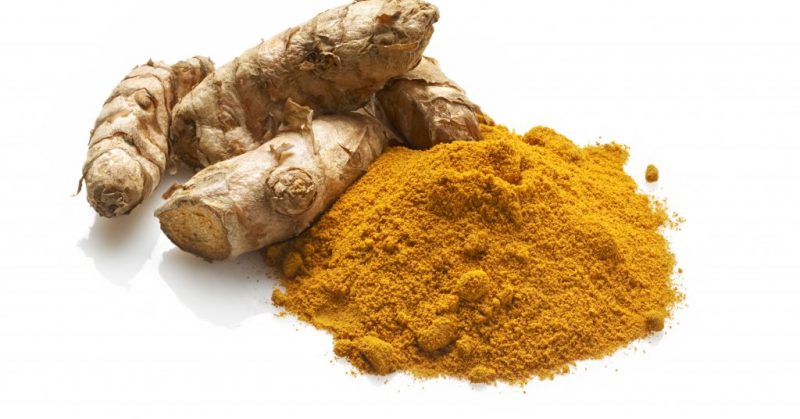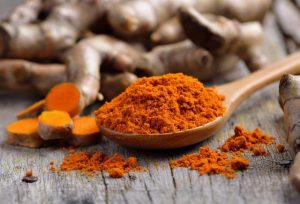Turmeric is often touted as a natural cure-all for various ailments. Many view it as an alternative to pharmaceuticals and other medications as it is a natural substance and produces fewer side effects. Although these are all valid points, this leads many people to underestimate the effect that turmeric has on your body. Research has shown that turmeric can actually cause some serious side effects if taken in high doses or used in combination with other drugs.
What is Turmeric?

When people refer to “turmeric” they are usually referring to the ground-up root of the turmeric plant. The use of turmeric dates back to India almost four thousand years ago, where it was used as a culinary spice and also in medicinal and ceremonial situations. Although many of it’s claimed benefits go without scientific backing, turmeric has still been proven in many studies to provide a wide variety of health benefits.
Most of turmeric’s health benefits come from the active ingredient found inside it called curcumin. Throughout the extensive studies conducted on curcumin, researchers found that curcumin exhibits anti-inflammatory, anti-oxidant, anti-carcinogenic and anti-thrombotic (reduces blood clots) effects.
As a result of all of these beneficial properties, people often use turmeric as an alternative to, or in combination with, other drugs that they use to treat their ailments. They often do this to avoid the complications and side effects that occur when one takes high doses of pharmaceutical drugs. However, the same properties that make turmeric so beneficial also make it dangerous to take in combination with other drugs, as it can produce a number of unpleasant and harmful side effects.
Turmeric Side Effects

Many of the components that make turmeric so beneficial are the same ones that make it harmful to take in combination with certain medicines. For example, turmeric’s anti-thrombotic property, the property that makes it able to reduce blood clots, makes it dangerous to take in combination with blood thinning medication. Taking turmeric in combination with these types of medication can strengthen their effects and increase your risk of bleeding. Blood thinning medications include: warfarin (Coumadin), clopidogrel (Plavix), and aspirin.
Turmeric also interferes with drugs that reduce stomach acid. If taken in combination with these drugs, it will actually increase your body’s production of stomach acid. This can cause nausea, bloating and stomach pain and can also damage your esophagus. It’s important to note, however, that there are two different classes of drugs that reduce stomach acid. The University of Maryland Medical Center AltMed page lists both as possibly having an interaction with turmeric, thus increasing the production of stomach acid if you use both turmeric and the conventional pharmaceutical drug. Proton pump inhibitors that shut down proton pumps in the stomach include omeprazole (Losec, Prilosec), esomeprazole (Nexium), lansoprazole (Prevacid), rabeprazole (Aciphex), pantoprazole (Protonix), and dexlansoprazole (Dexilant). H2 blockers that block histamine receptors in acid-producing cells in the stomach include famotidine (Pepcid), cimetidine (Tagamet), nizatidine (Axid), and ranitidine (Zantac).
Turmeric is possibly dangerous if taken in combination with drugs for diabetes (that lower blood sugar). Turmeric strengthens the effects of these drugs, increasing one’s risk of developing low blood sugar. This can lead to a variety of side effects including shakiness, anxiety, blurred vision, delirium and overall reduced cognitive function.
Turmeric may also cause allergic reactions in some people, including outbreaks such as hives or rashes, or even shortness of breath and anaphylaxis. If you are taking any drugs or medications, or are experiencing allergic symptoms when taking turmeric, it is advised to either reduce the amount of turmeric you are taking or find a different, natural alternative.
That said…
The list above isn’t exhaustive by any means. When you couple the number of drugs prescribed with each individual’s unique chemical makeup, side effects are bound to vary from person to person.Let us know in the comment section if this information was helpful to you.
Disclaimer: This information is not intended to be a substitute for professional medical advice, diagnosis or treatment and is for information only. Always seek the advice of your physician or another qualified health provider with any questions about your medical condition and/or current medication. Do not disregard professional medical advice or delay seeking advice or treatment because of something you have read here.